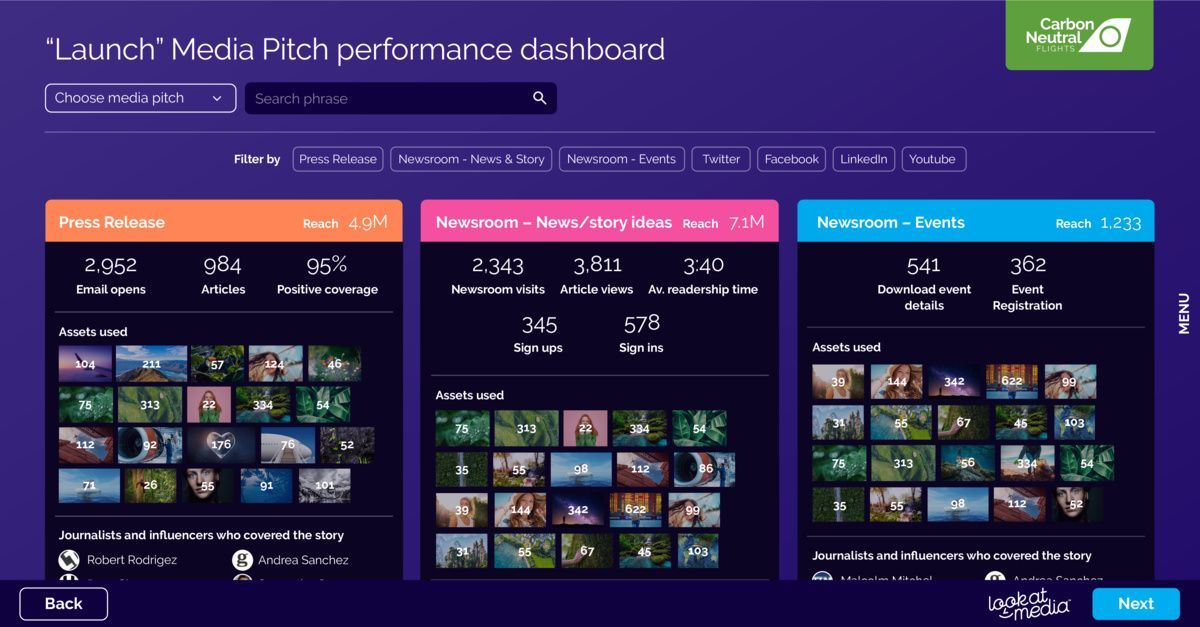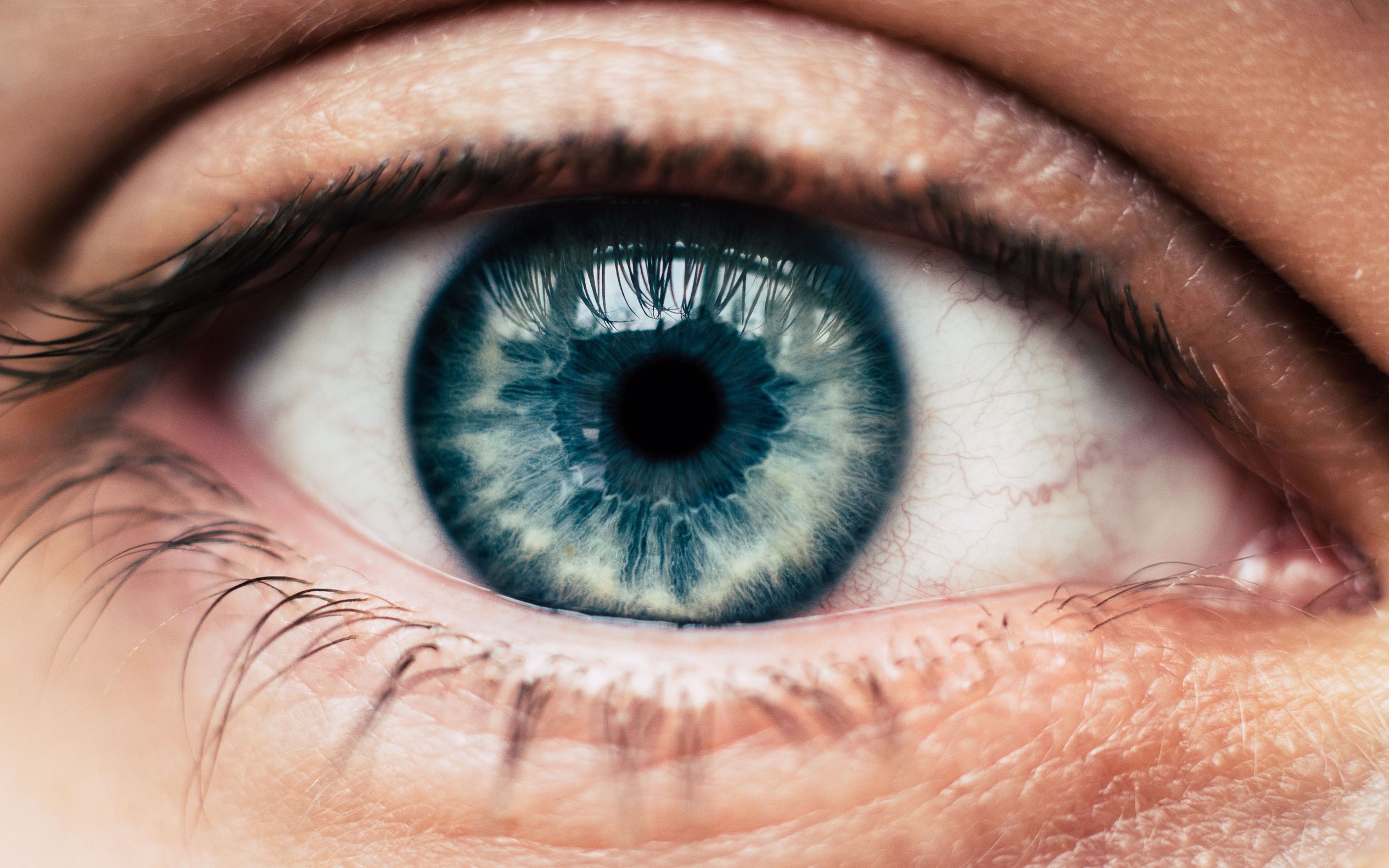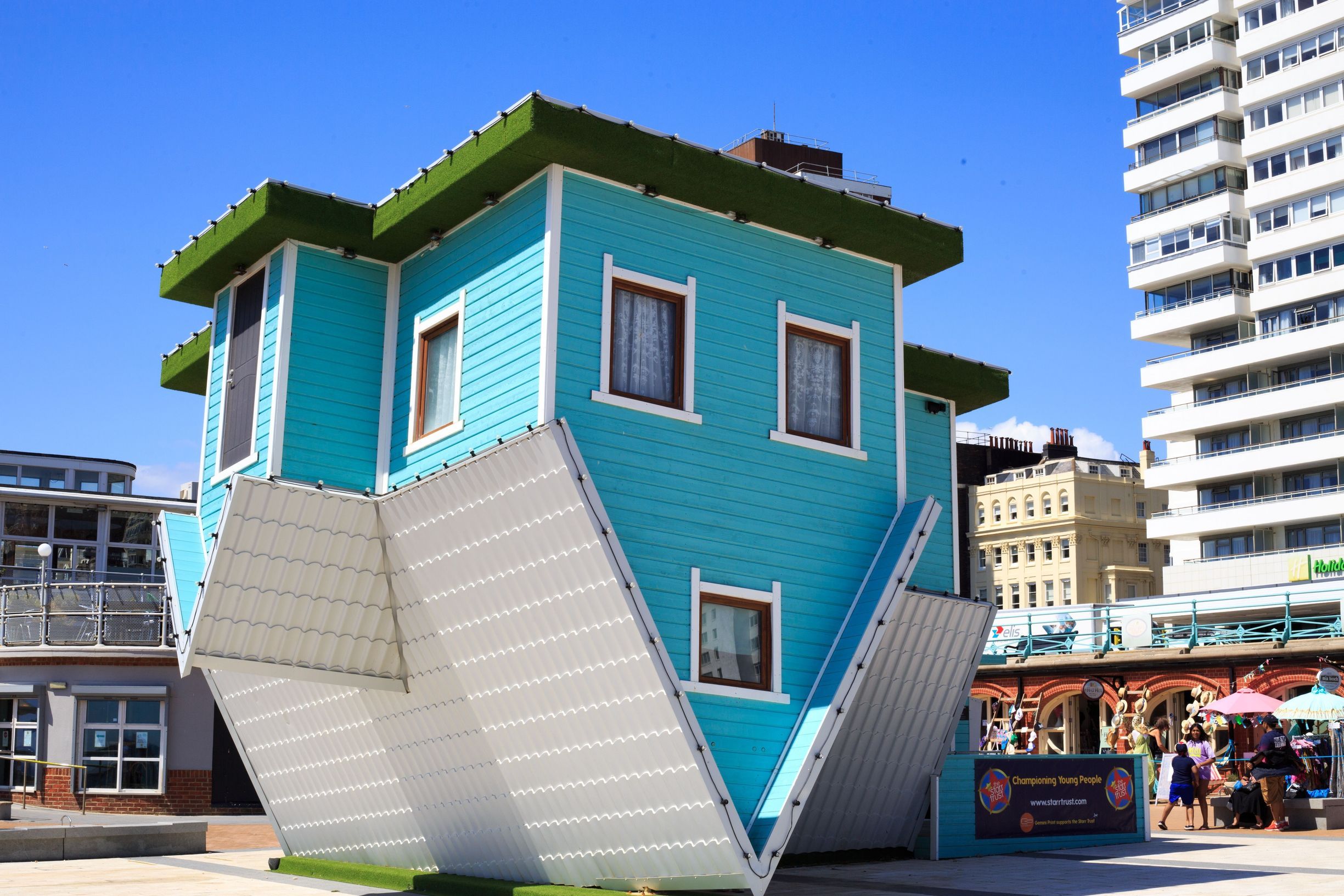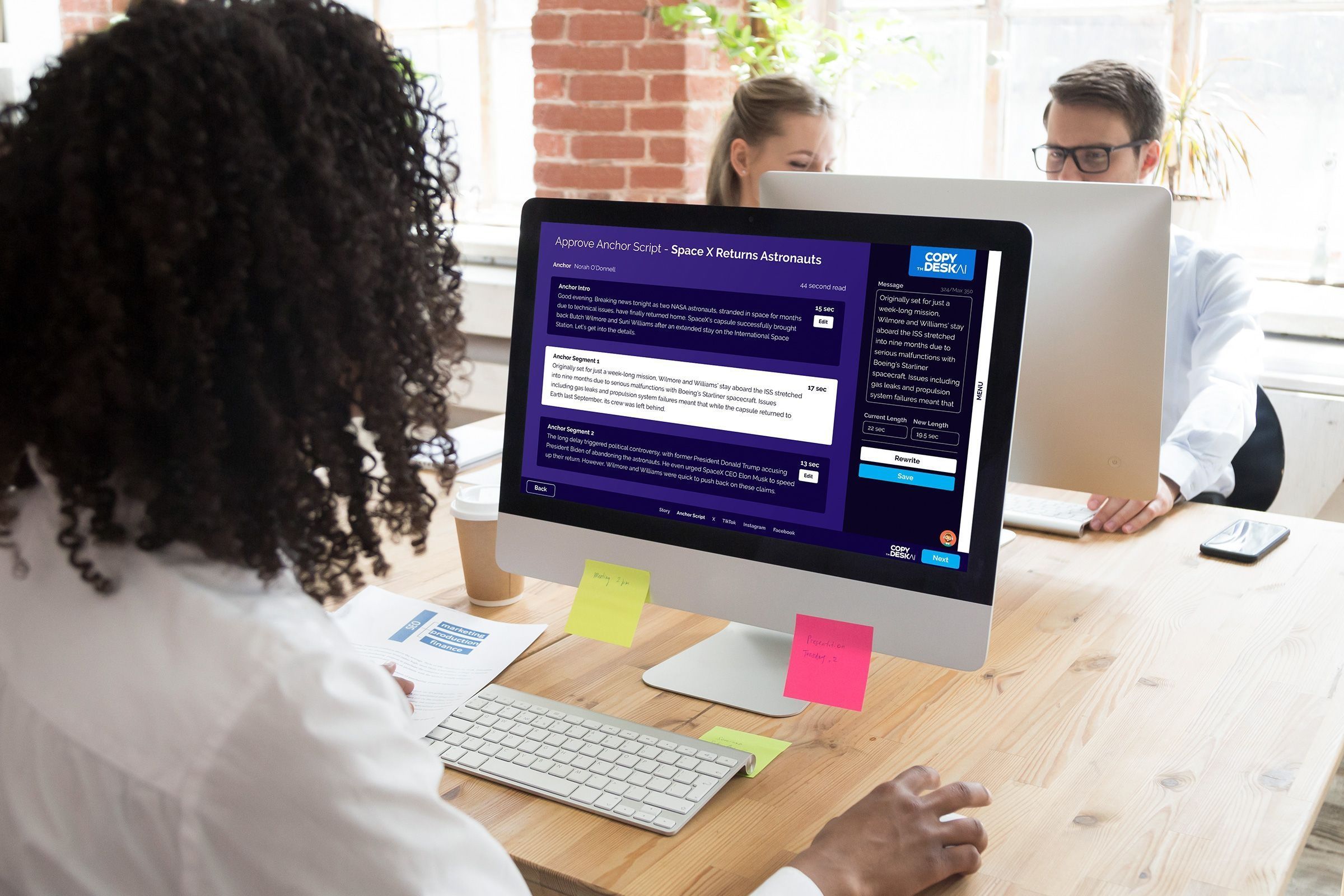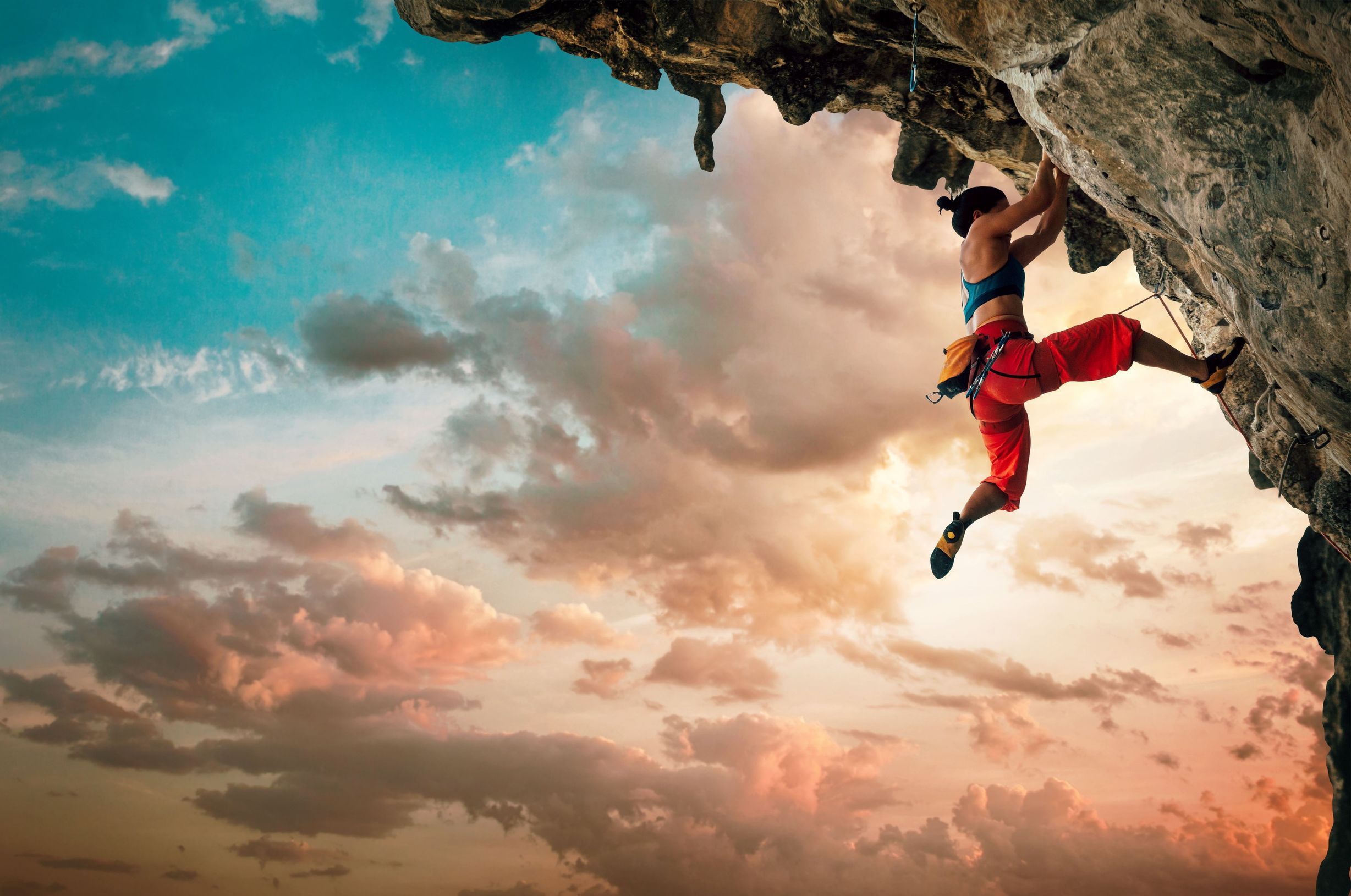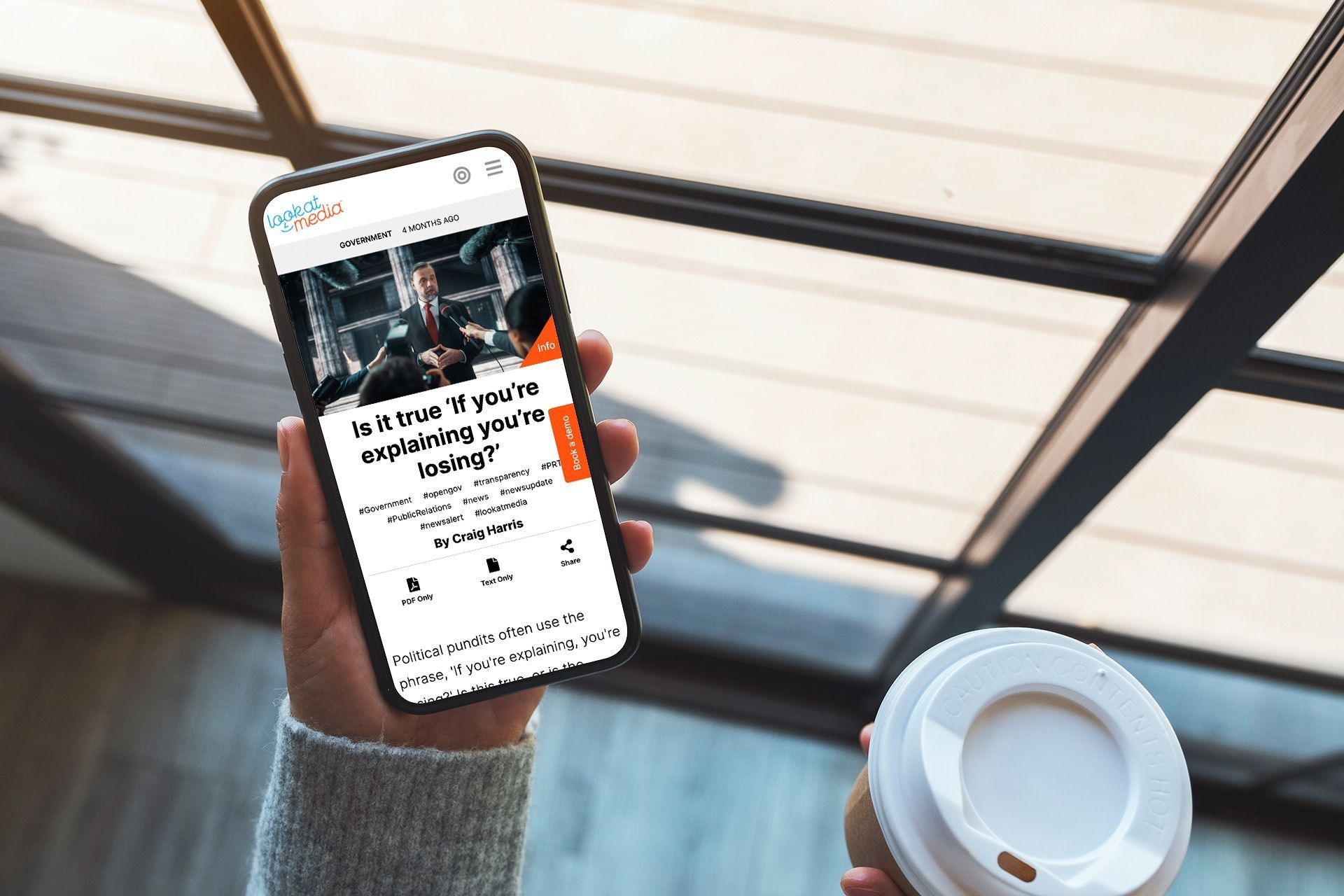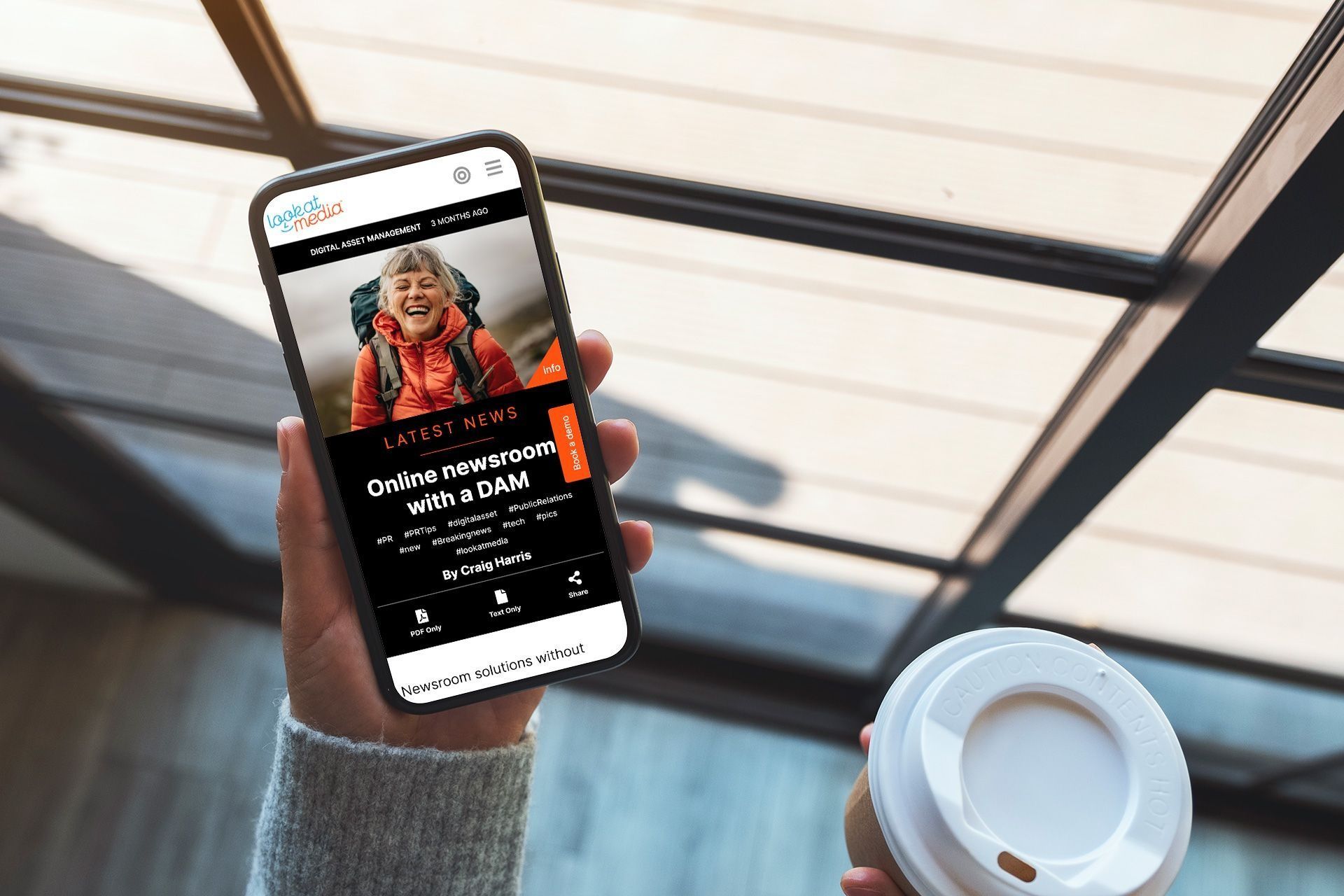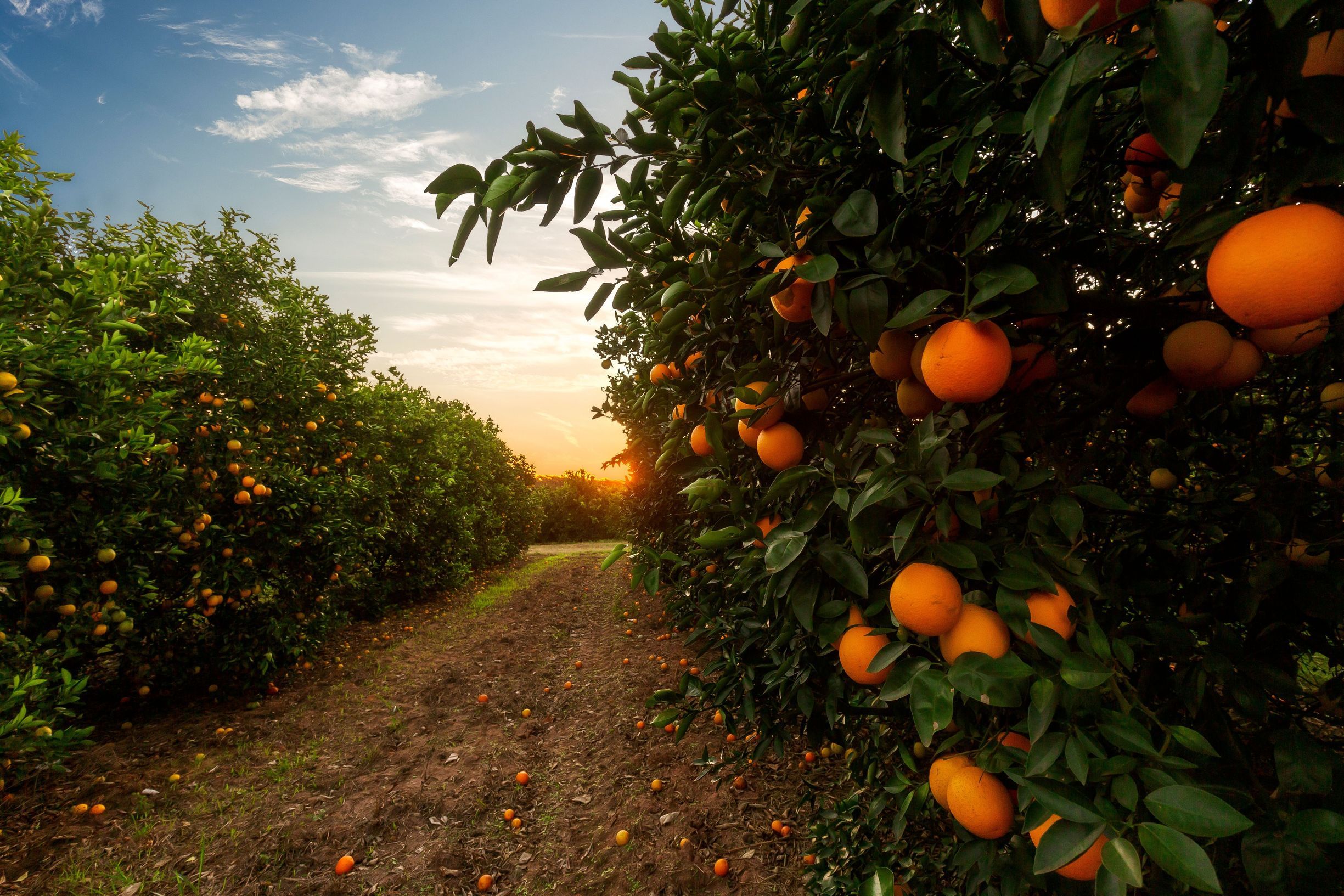
In the blink of an eye
paulobaqueta
In 13 milliseconds, your brain figured out you were looking at an orange grove. It then went looking for the next lot of visual information to understand. It is why visual narratives now drive the media.
In 2014 MIT Neuroscientists released research demonstrating that people could recognise the content and concept behind an image in as little as 13 milliseconds. Neuroscientists already knew that our brains spent much of their days making sense of what they see; the speed at which it happens surprised them.
Survival instinct
There is a great deal of debate about our brains developed to have this capacity, with many believing it was a biological imperative. If we didn't adapt quickly to what was in our field of vision, it makes it harder to survive. That applies equally to opportunity and threat.
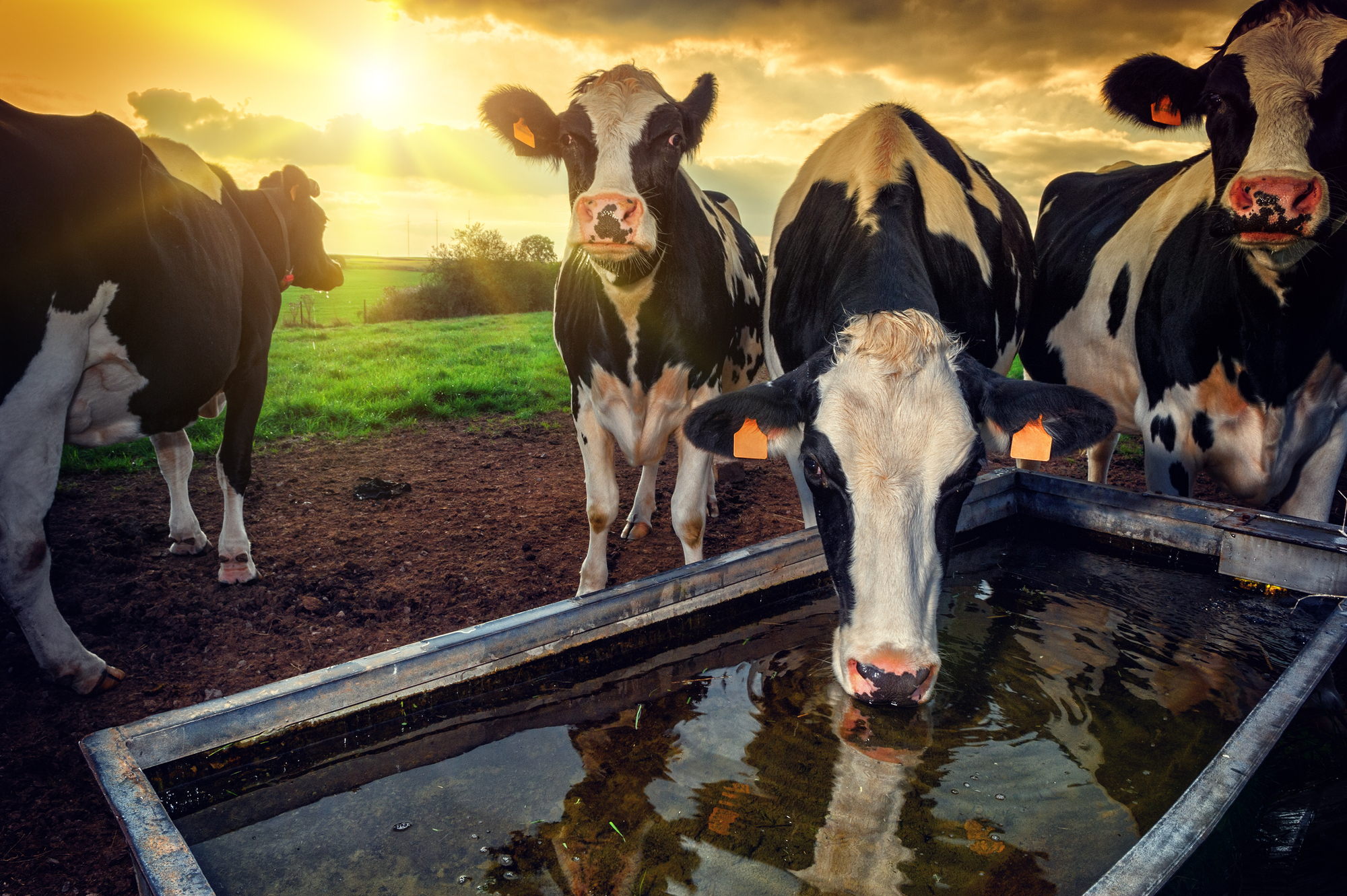
Predator or prey
Getty Images/iStockphoto
The biological imperative of contextualising visual information in the blink of an eye is an essential survival feature. Without instant recognition of visual narratives, we'd find it impossible to navigate our information-saturated lives.

Predator or prey
Getty Images/iStockphoto
The biological imperative of contextualising visual information in the blink of an eye is an essential survival feature. Without instant recognition of visual narratives, we'd find it impossible to navigate our information-saturated lives.
Survival of most visual
In a modern context, this principle of instant recognises the content and concept behind an image drives social media and most forms of communication. If we look at it in the media context, every story now leads with a picture and many and is punctuated with additional images; however, increasingly, photo editors are looking for images to tell the whole story.

Emotive content
Getty Images/iStockphoto
An image can make you calm, excited, motivated, or aggravated in a split second. It's why journalists lean so hard on visual narratives to drive engagement and why you need an online newsroom with a Digital Asset Management solution at its core.

Emotive content
Getty Images/iStockphoto
An image can make you calm, excited, motivated, or aggravated in a split second. It's why journalists lean so hard on visual narratives to drive engagement and why you need an online newsroom with a Digital Asset Management solution at its core.
Supporting journalists
The irony of the drive for more visual narratives in the media is that journalists have less access to the resources they need to create those images than ever before. 'Yes', they carry a camera on their phones, but rarely are these images a standard journalist can use for publication. In response to this lack of resources to create images, a journalist is increasingly dependent on images from other sources, such as branded online newsrooms.
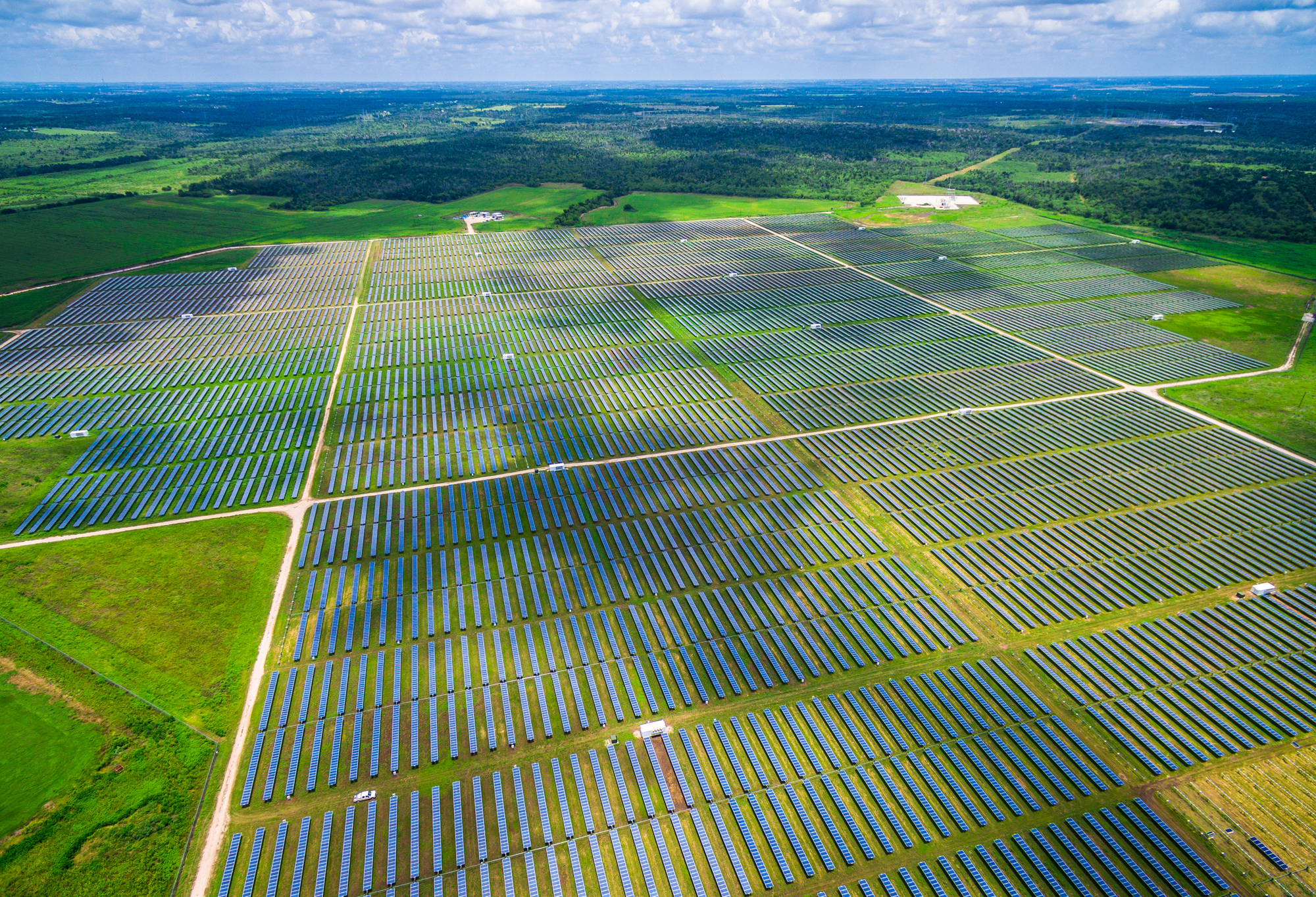
Clean energy
Getty Images/iStockphoto
Branded online newsrooms are the renewable resource that PR professionals have been seeking to power their PR strategies; however, they first need to build the unfractured to make it happen. Lookatmedia™ newsrooms provide a 'just add content' option.

Clean energy
Getty Images/iStockphoto
Branded online newsrooms are the renewable resource that PR professionals have been seeking to power their PR strategies; however, they first need to build the unfractured to make it happen. Lookatmedia™ newsrooms provide a 'just add content' option.
My story, my choice
Online newsrooms have failed to keep pace as the media landscape has evolved. Adding a few images to an out-of-date press release or article on an old-fashioned online newsroom or news page no longer works. Journalists want a combination of fresh and evergreen story ideas and easy access to entire libraries of pre-approved, multi-format images and videos to illustrate their own stories. These images must comply with publish rules and include accurate descriptions and attribution details.
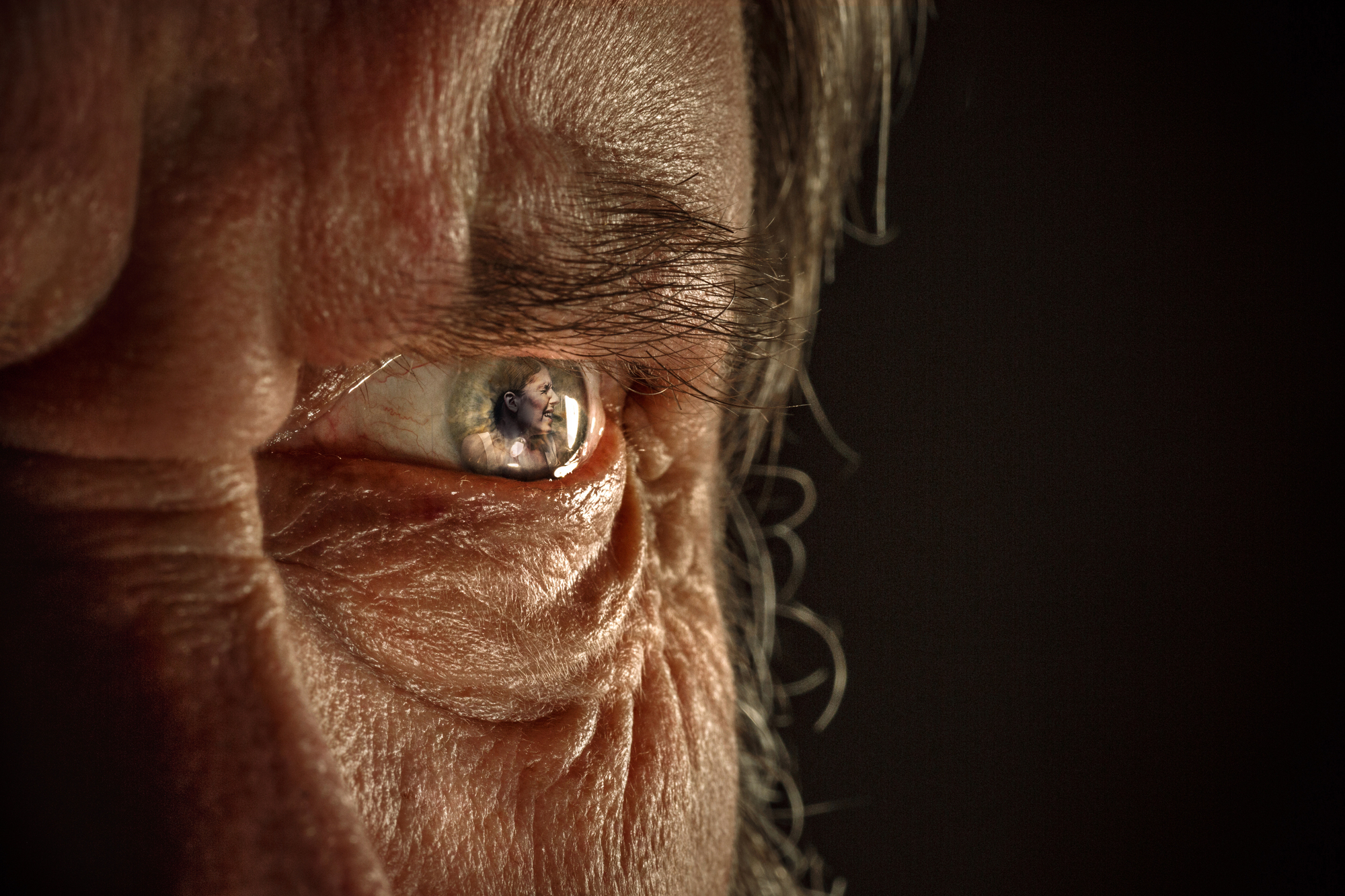
My take on a story
Getty Images/iStockphoto
A next-generation online newsroom solution like Lookatmedia™ makes it practical for your team to create multiple media pitches on the same story with different visual narratives. It then makes discovery by journalists and by beat simple.

My take on a story
Getty Images/iStockphoto
A next-generation online newsroom solution like Lookatmedia™ makes it practical for your team to create multiple media pitches on the same story with different visual narratives. It then makes discovery by journalists and by beat simple.
A self-fulfilling prophecy
If you ask PR professionals how effective their current newsrooms are at connecting with new media sources and promoting their messages through the media, many will say 'not very'. As is often misattributed to Einstein, "Insanity is doing the same thing repeatedly and expecting different results." If you want your newsroom to change, you need to change your newsroom.
A next-generation newsroom like Lookatmedia™ bucks that trend. Rather than accepting the paradigm of diminishing returns of your older-style newsroom, Lookatmedia™ creates opportunities to improve the capabilities, capacity, and ROI of your PR strategy. By providing a highly discoverable newsroom with a soft touch, and secure access to libraries of pre-approved images and videos, you transform the roles of a newsroom in your PR strategy.
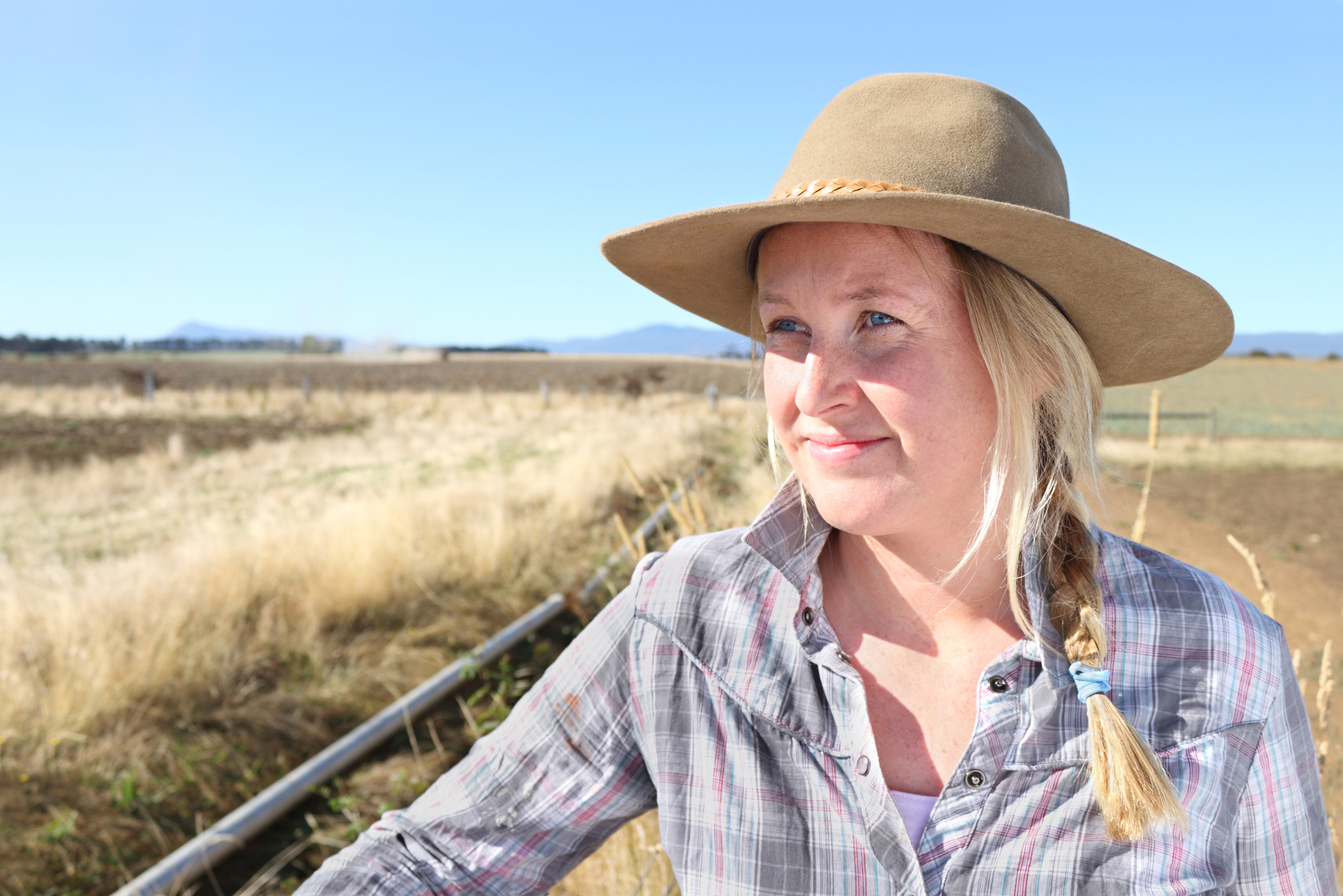
70%
Getty Images/iStockphoto
That's what percentage of stories created by journalists are now completed through online searches. Lookatmedia™ online newsrooms make it practical for your newsroom and stories to be more discoverable in an increasingly diverse media landscape.

70%
Getty Images/iStockphoto
That's what percentage of stories created by journalists are now completed through online searches. Lookatmedia™ online newsrooms make it practical for your newsroom and stories to be more discoverable in an increasingly diverse media landscape.
How Lookatmedia™ helps journalists discover your story ideas
It starts with online searches. Browsers like Google boost ranking on content with images. Add to this the inbuilt Search Engine Optimisation features of Lookatmedia™, and you enhance the opportunities for your stories to be discovered by a journalist through organic searches.
Once a journalist clicks to see one of your stories, they discover a world of illustrated content they can quickly navigate visually or with intuitive and theme-based searches. As they click on a story, they can quickly follow the visual narrative you've created. They can then click on any image in any article to access and download that or any other pre-approved image; however, they first must register. That process allows you complete control over who uses your images and the term in which they are available.
'13 millisecond principle'
Once in your Lookatmedia™ image library, that '13 millisecond principle' comes into effect. Now they can use visual or many other forms of searches to discover the images and videos that capture their attention. They then choose what they need and download it. From your end, you can see who has chosen which images and how they intend to use them.

0 -100
Getty Images/iStockphoto
Lookatmedia™ makes it easy for journalists to scan your stories and image libraries, ensuring more media exposure. Our Digital Asset Management and image picker also makes it simpler for your team to create visual narratives in stories.

0 -100
Getty Images/iStockphoto
Lookatmedia™ makes it easy for journalists to scan your stories and image libraries, ensuring more media exposure. Our Digital Asset Management and image picker also makes it simpler for your team to create visual narratives in stories.
